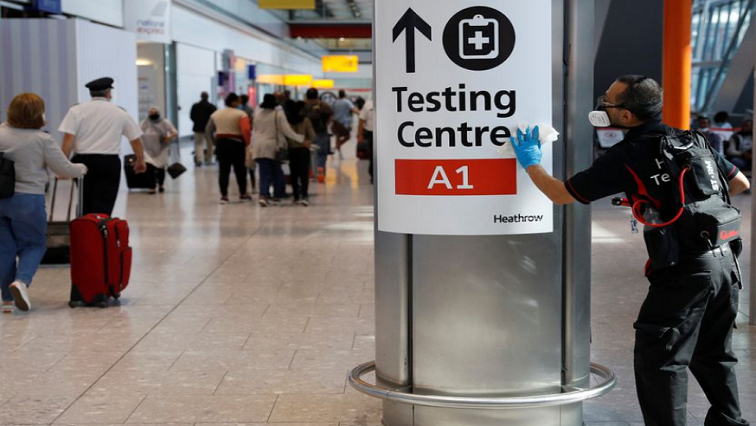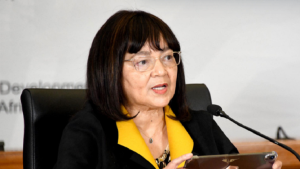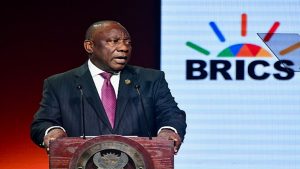The Africa Centres for Disease Control and Prevention (Africa CDC) has noted with deep concern the planned changes to international travel rules in the context of the COVID-19 pandemic, communicated by the Government of the United Kingdom, which will be enforced starting on Monday.
Travellers whose vaccination is not recognised based on where they received the vaccines, including but not limited to the African Union Member States, will have to take additional measures resulting in a significant financial and social burden.
These extra measures include two additional tests, pre-departure and “day 8 test” and quarantine for 10 days.
In a statement, Africa CDC says the restrictions will therefore apply to persons having received vaccines through the COVAX programme, of which the UK is one of the largest supporters, with over USD 700 million as well as 80 million vaccine doses pledged to the programme.
The COVAX supplies constitute almost half of the COVID-19 vaccines supplied to the African continent to date.
“We are deeply concerned that policies and rules such as this carry a risk of deepening vaccines hesitancy across Africa and creates distrust in the community.”
The African body adds: “Given the severe consequences of the rules, the Africa CDC, therefore, urge the UK government to a) reconsider their decision and b) with the African Union to discuss how to ensure mutual recognition of vaccines provided through its donations. This will help avoid further restrictions on the movement of the African population, which is already impacted by the limited access to vaccines.”
More than 40% of the world population have received at least one dose of the COVID-19 vaccine, only about 4.0% of the African population are fully vaccinated.
On Tuesday, Government scientists from SA and the UK met to discuss the latest trends on COVID-19 surveillance and vaccination programmes:






